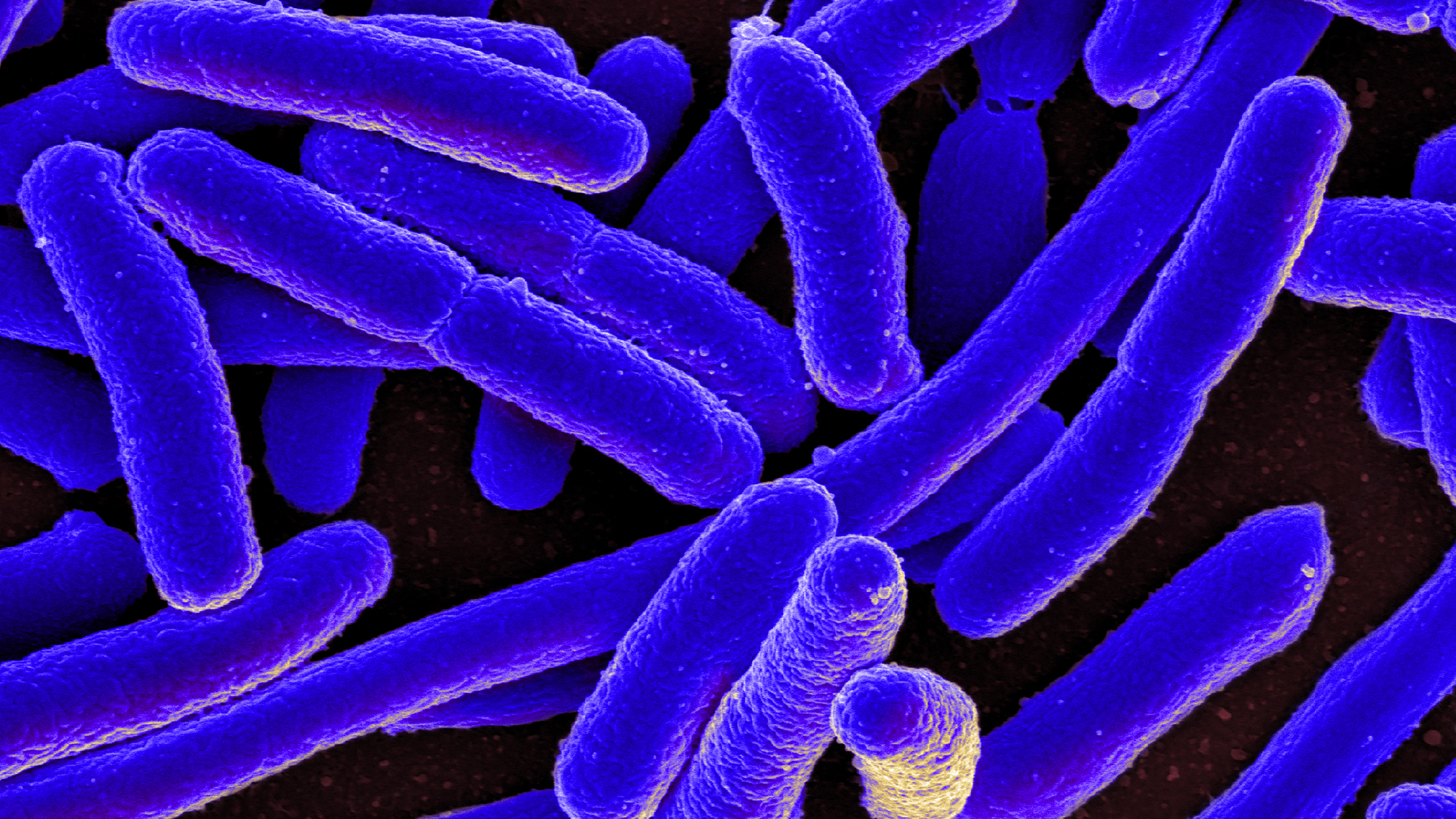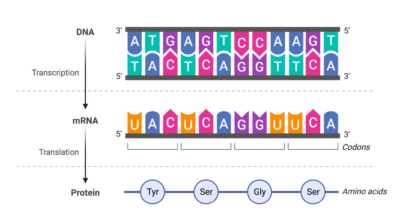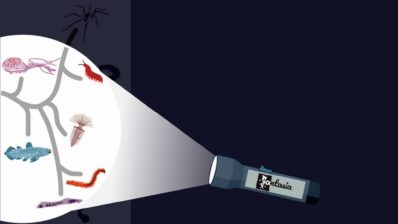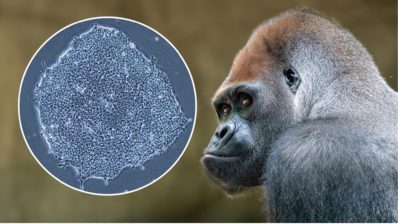If you ever feel lonely, just think of the millions of microbes that coexist with you every day: your personal microbiota. They are found throughout our bodies –in our guts, mouth, skin and genitourinary tract- and together weigh up to 2 kg. But don’t worry: these ‘microguests’ are very useful. They help us digest, produce vitamins, and they cooperate with our immune system to fight pathogens.
The set of microorganisms we host, about 2000 species of bacteria, fungi and viruses, is unique to each individual. Some are stable and have co-evolved with humans, while others vary depending on what we eat, our state of health, and even stress.
In total they contain between 100 and 200 times more genes than our own genome. In fact, the Human Microbiome Project, which began in 2008 as an extension of the Human Genome Project, discovered that most of the genes responsible for our own survival are not human, but part of the genome of microbes: the microbiome. Many autoimmune diseases are inherited with the mother’s microbiome during birth. Our microbiota also affect our obesity, dental cavities, and our response to medication.
The microbiome is therefore an essential part of us, and its importance is increasingly being recognised. That is why ‘probiotic’ foods, with beneficial living microorganisms, are increasingly common, and there are already medical treatments, such as faecal transplants for irritable bowel syndrome, which are based on the reintroduction of the normal intestinal microbiota by using the stool of a healthy donor.
But there are many questions still to answer: how do antibiotics affect our microbiome? And how is the specific microbiome of a person first established? The small passengers that we carry inside still hide many surprises.







